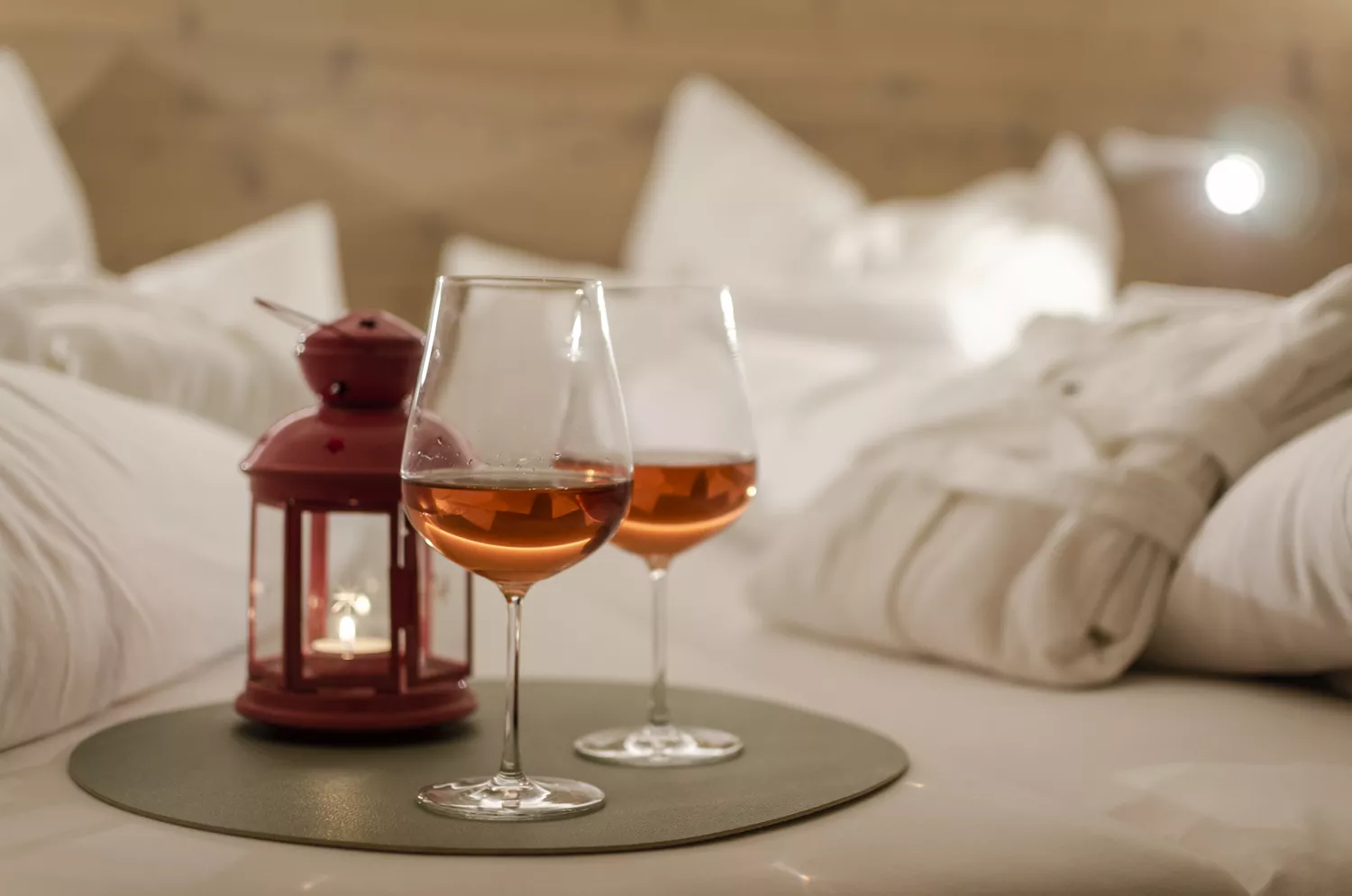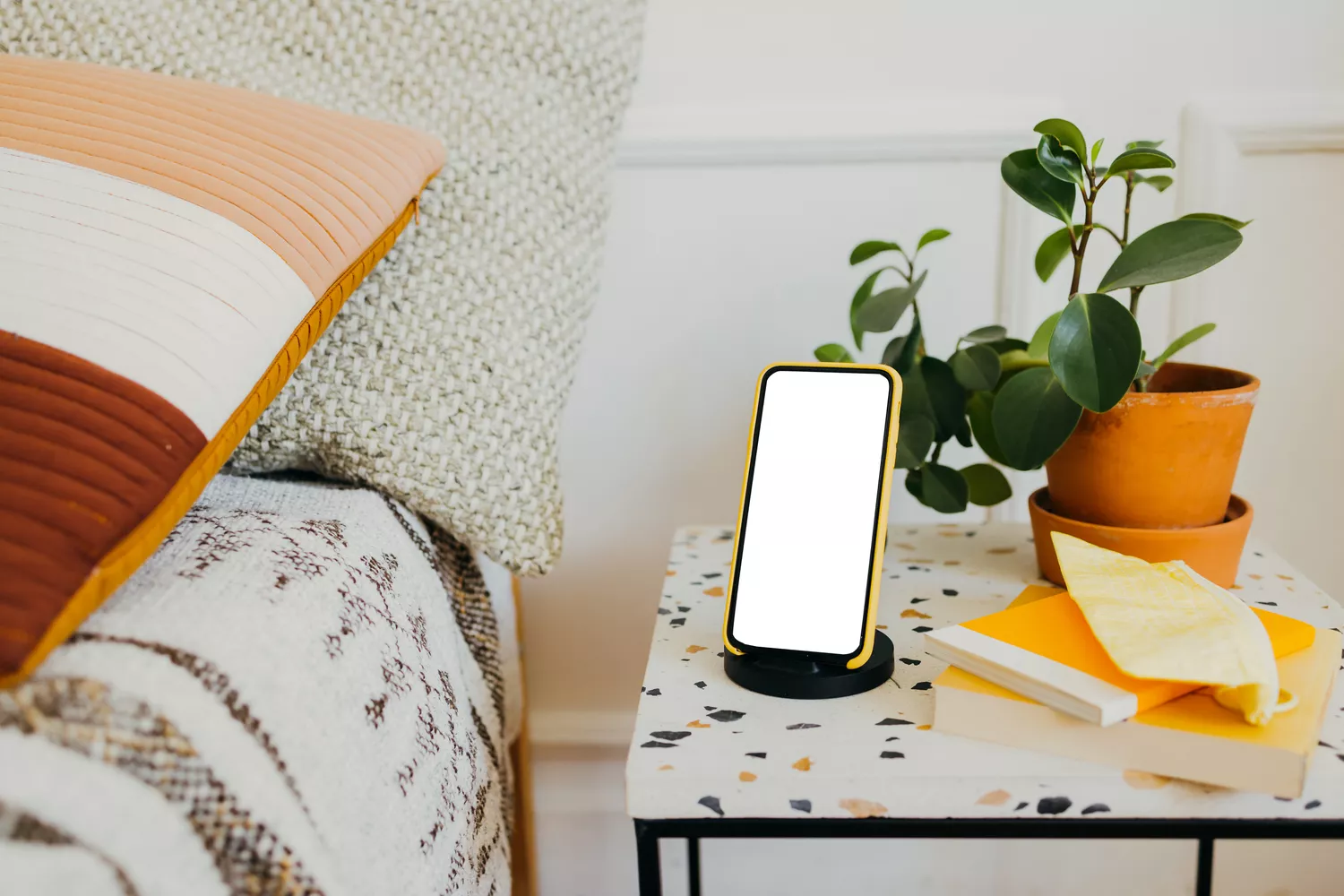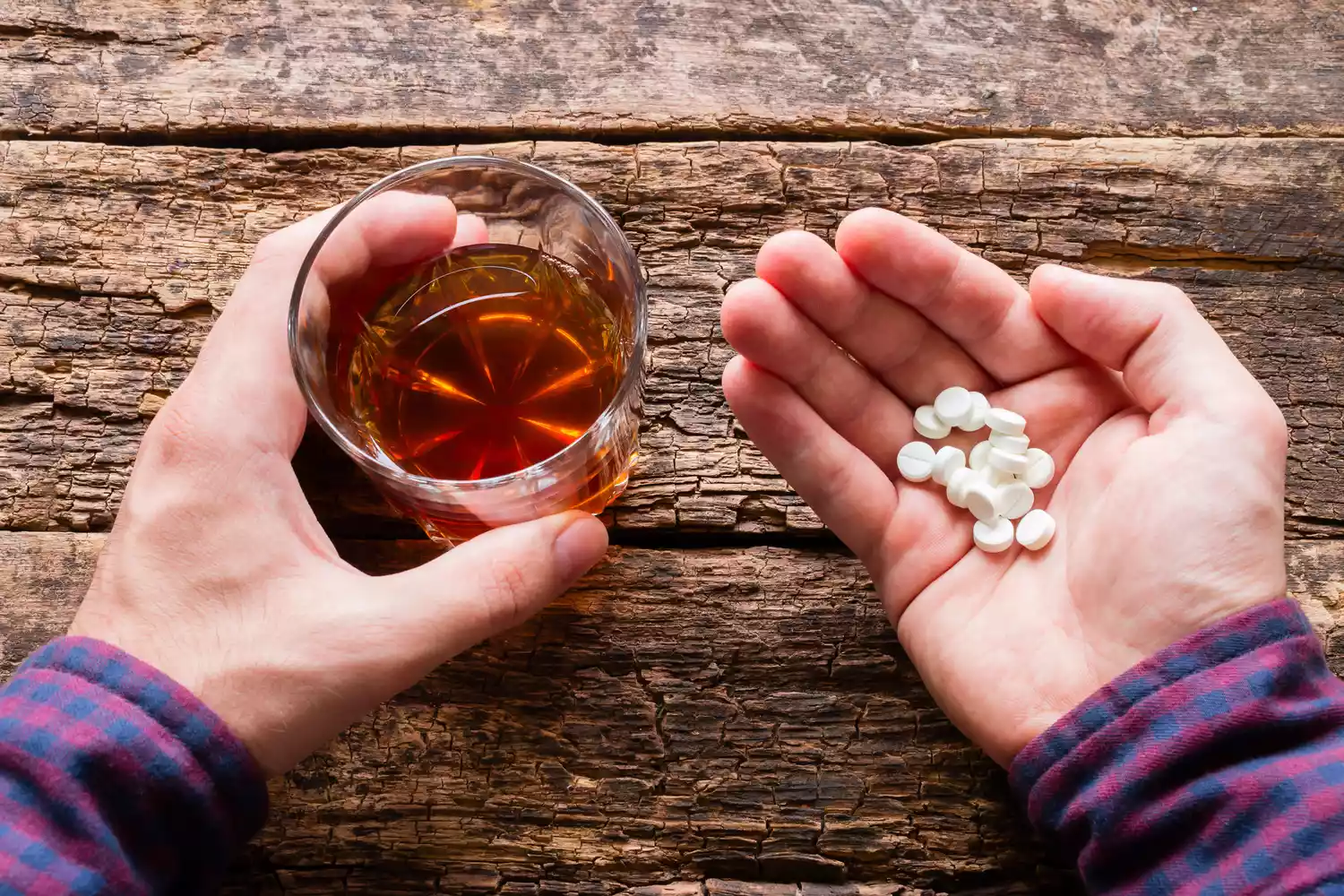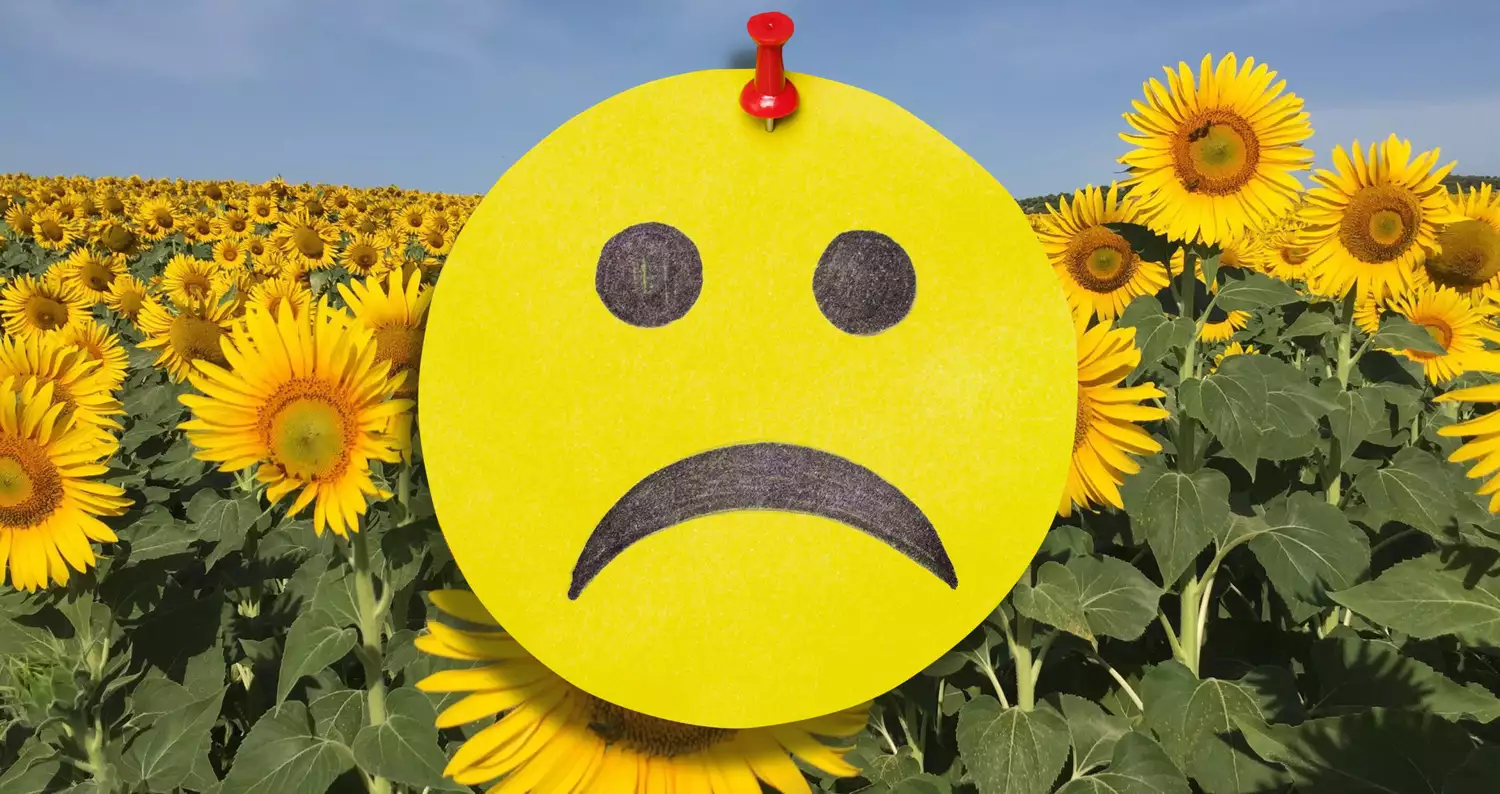When it pertains to improving sleep, what you drink matters just as much as what you eat. From throwing off your body clock to surging blood sugar level or setting off restlessness, certain drinks– especially if you drink them too near to bedtime– can sneakily interrupt your remainder. Fortunately is that comprehending exactly how details active ingredients in drinks affect your rest makes it less complicated to make straightforward and deliberate swaps that aid you relax efficiently and leave you really feeling much more revitalized by morning. Keep reading for the types of beverages to miss in the evening.

Madison Reeder, RD, signed up dietitian and supervisor of professional procedures at ModifyHealth
Amy Davis, RDN, LDN, registered dietitian and nourishment expert at Live Conscious
01
of 06
Caffeinated Drinks
Caffeinated drinks like coffee, black and environment-friendly tea, and power drinks interrupt sleep by blocking adenosine, a compound that gradually develops in your brain throughout the day and pushes your body toward sleep, discusses Madison Reeder, RD, registered dietitian. “When caffeine action in, it essentially postpones that ‘time to relax’ signal,” she states. Without that signal, your mind can stay excessively sharp, making it harder to get to deep, restorative rest.
The resource of your caffeine matters, too. Coffee tends to load more high levels of caffeine and is soaked up promptly, offering you a more powerful, faster jolt, while tea includes L-theanine, which assists balance the stimulating results. “Energy drinks are a different story,” Reeder states. “Many include added energizers like guarana or taurine, which can heighten alertness and boost the general stimulating impact.” While caffeine’s half-life (the time it takes your body to get rid of half of the amount consumed) is about three to 7 hours, every person refines it in a different way relying on variables like genes, age, hormonal agent degrees, and medications. So if rest is an issue, Reeder recommends removing high levels of caffeine by 2 p.m. or earlier.
02
of 06
Decaf Coffee and Tea
Regardless of what many assume, most decaf coffee and tea still has percentages of high levels of caffeine, normally between 2 to 15 milligrams per serving, which can hinder falling or remaining asleep– especially if you’re sensitive to caffeine. “If much better rest is the objective, it deserves dealing with decaf options like ‘low caffeine’ drinks and appreciating them previously in your day,” Reeder says.
03
of 06
Sugary Drinks
Drinks high in sugar, whether naturally taking place like in fruit juice or added, like in sweetened iced tea or warm delicious chocolate, can cause a fast spike in blood sugar followed by a sharp drop, called reactive hypoglycemia. “That abrupt decline signals your body to launch tension hormonal agents like cortisol and adrenaline to bring your blood sugar level back up,” Reeder explains. “These hormonal agents can leave you really feeling troubled, wake you in the middle of the evening, or make your sleep feel lighter and less restorative.”
Sugar can additionally disrupt your body’s melatonin production, the body’s all-natural rest hormonal agent, and can boost nighttime washroom trips. For a far better evening’s remainder, Reeder suggests cutting off sweet drinks 3 to 4 hours prior to going to bed to offer your body time to absorb, soak up, and stabilize your blood sugar level and insulin levels prior to winding down. “If you tend to be extra conscious sugar or experience crashes quickly, giving yourself a lot more time– closer to 5 or six hours– can make a noticeable difference in exactly how well you sleep,” she states.
04
of 06
Alcoholic Drinks
Alcohol might appear to help you fall asleep much faster as a result of its sedative impact, which slows down brain activity and creates a sense of relaxation, making you really feel more ready for bed. Yet as your body begins to process the alcohol, it interferes with REM sleep, the phase that sustains psychological regulation, memory, and state of mind. “As blood alcohol levels drop, your body might release stress and anxiety hormonal agents like cortisol, which can lead to awakening in the center of the night or feeling hot, restless or wide awake too early,” Reeder says.
Exactly how alcohol affects your rest depends on more than just the type of beverage. “Drinking on an empty belly brings about much faster absorption and a stronger effect– something to be mindful of if you’re trying to sustain better rest and recuperation,” Reeder adds. Spirits like bourbon or vodka are usually taken in more quickly, while beer and a glass of wine metabolize extra gradually. “If the drink additionally has extra sugar– like a sweet wine or a mixed cocktail– it can increase your blood glucose rapidly and afterwards create it to collapse, which may increase the possibilities of awakening in the center of the night or feeling agitated,” Reeder clarifies.
05
of 06
Carbonated Drinks
While every person responds differently to the fizz from carbonated drinks like soft drinks and carbonated water, carbonation can create bloating and added stress on the belly, which isn’t perfect when you’re resting. “This pain can interrupt rest– even if the drink is without high levels of caffeine and sugar,” discusses Amy Davis, RDN, LDN, signed up dietitian. For a lot of, the high levels of caffeine and sugar in those beverages position the largest sleep challenges, but if you’re prone to reflux, it could be worth avoiding the bubbles entirely.
06
of 06
Acidic Beverages
Drinking acidic beverages like lemonade, orange juice, and kombucha close to going to bed can disrupt your sleep. Davis suggests weakening these beverages with water, exchanging them for warm or cooled natural tea, or drinking water instilled with fruits like cucumber. Resting right after taking in something acidic rises the risk of heartburn or heartburn, specifically if you’re prone to these problems. “To lower the risk of reflux, stay clear of acidic drinks a minimum of a couple of hours prior to bed,” Davis claims.
The Bottom Line
These drinks aren’t inherently bad and are often part of the regimens that bring comfort and delight to our day. The trick isn’t reducing them out, yet rather recognizing exactly how they influence our sleep. “It’s about being a lot more intentional with when and just how you appreciate them,” Reeder states. “Tiny shifts, like having your last coffee earlier in the day, pairing alcohol with a meal, or skipping sweetened beverages in the evening, can make a significant difference in exactly how relaxed and rejuvenated you feel the next morning.”



